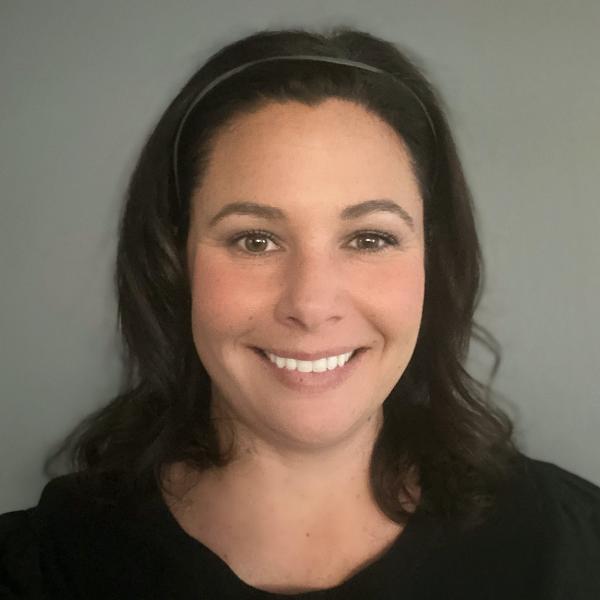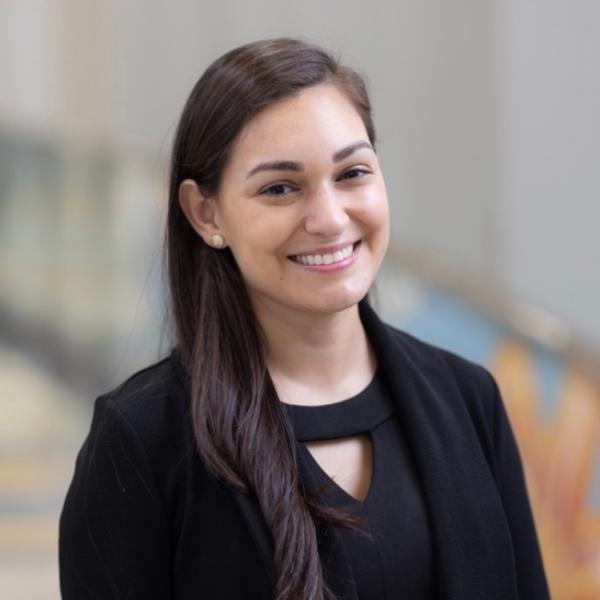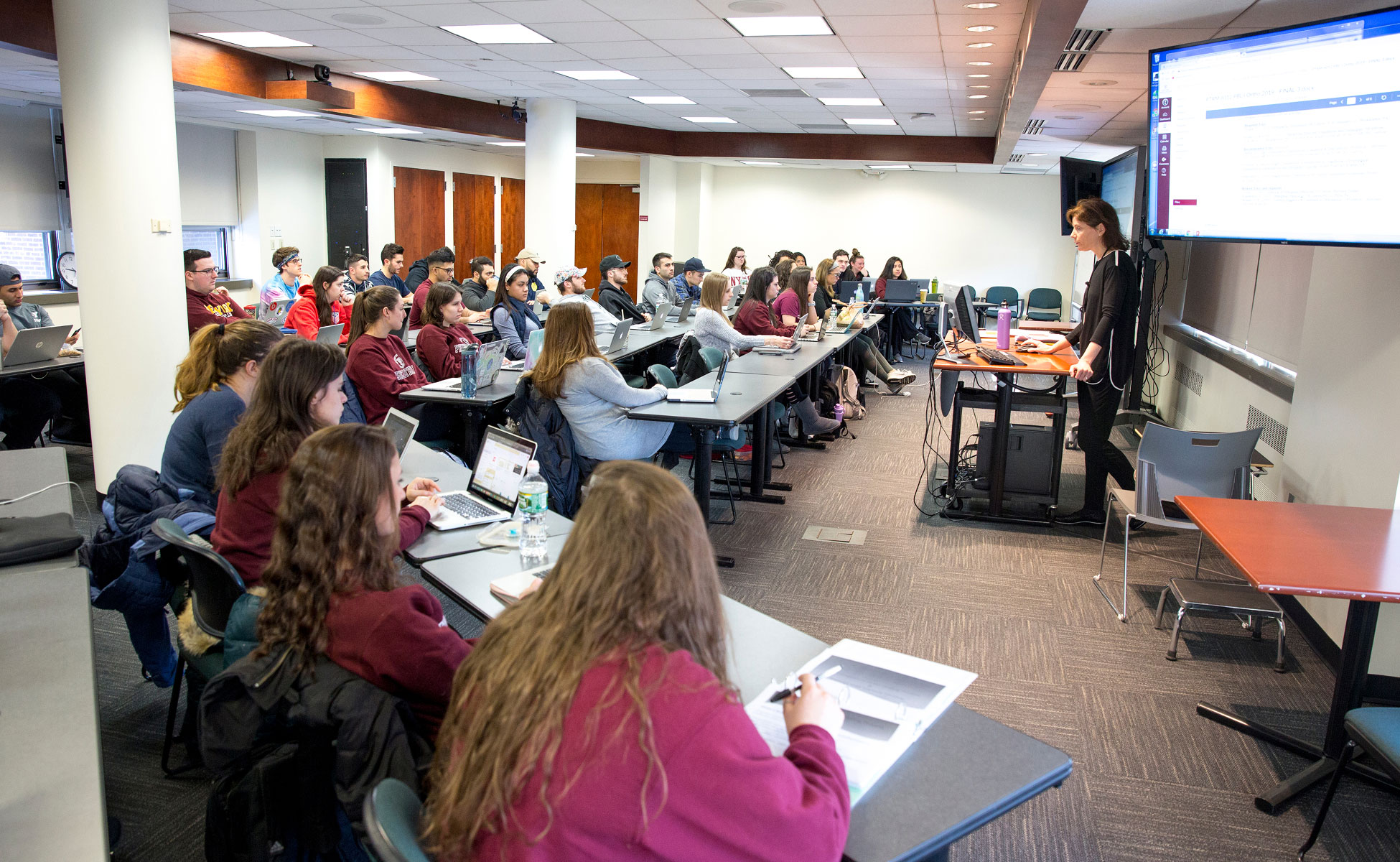ASHA continuing education credits are available only to those enrolled in this academic course through the Advanced Certificate in Pediatric Dysphagia Program. Only participants who successfully complete each course and receive academic credit are eligible for ASHA continuing education credit.
PFDM 6001: Acquisition/Development of Feeding/Swallowing Skills in Children (Semester 1)
5.15 ASHA CEUs
Credits: 3
This is a foundational course that provides a thorough understanding of normal swallow physiology including the embryology, anatomy, and physiology of the swallow mechanism in a developmental context from birth to adolescence. The class learns to identify influencing factors on the swallow function such as medical comorbidities, developmental skills, and child engagement. The learning is completed via learning modules that explore the neurobiology of the swallow mechanism; In utero development of feeding and swallowing; normal development: birth to adolescence; developmental care; principles of assessment; and the Introduction to objective assessments. Meaningful assignments aid in the understanding and practical applications of the learning modules. Assignments are created to be beneficial in class and in the SLP’s practice. Evidence-based practice issues are incorporated into all aspects of the course. Interdisciplinary approaches to this area of typical/normal acquisition are discussed.
PFDM 6002: Feeding/Swallowing Disorders in Pediatric Populations (Semester 1)
4.9 ASHA CEUs
Credits: 3
Through this course the principles of assessment are identified to which to explore a variety of disorders of feeding and swallowing possible in children. Beginning to look at presented cases through the lens of a diagnostician incorporating knowledge from Course #6001 Acquisition of feeding and swallowing skills in children. Feeding and swallowing disorders of multiple factors are reviewed for their features, swallowing expectations, and feeding manifestations. Prevalence of expected feeding disorders in specific populations are discussed, including specific syndromes and other medical etiologies. The learning modules build on the medical management of the medically complex pediatric client; education of multifactorial feeding disorders; education of oral dysphagia; education of pharyngeal dysphagia; diagnoses from prematurity through craniofacial disorders including: general information regarding diagnosis and specifics. Specific real-life cases are presented along with specifics related to oral, pharyngeal, and esophageal features. Evidence-based practice issues are incorporated into all aspects of the course. Interdisciplinary approaches to this area of atypical or disordered management are discussed. Meaningful assignments are provided utilizing evidence-based practice and journal article review to support areas of knowledge. Assignments incorporate skills to be adopted into daily SLP practice for future growth.
PFDM 6003: Comprehensive Assessment and Clinical Writing (Semester 2)
6.7 ASHA CEUs
Credits: 3
This course aims to explore the principles of comprehensive clinical feeding and swallowing assessment through clinical observations, developmental checklists as well as up-to-date objective measures available to the clinicians as identified through evidence-based practices. The course content is focused on an interdisciplinary approach across settings including neonatal intensive care unit (NICU), inpatient acute care, inpatient rehabilitation, home care, educational/school settings, and outpatient clinics. Principles of instrumental/non-instrumental diagnostic techniques reviewed. Meaningful continuity of care ideas are explored. Assignments aim to build clinical writing skills to achieve thorough case histories, and clinical skills to complete comprehensive screening, referrals, and assessments.
PFDM 6004: Treatment Approaches in Pediatric Feeding Disorders (Semester 3)
3.5 ASHA CEUs
Credits: 3
This course thoroughly reviews the principles of creating a plan of care based on the assessments achieved, building on the clinical writing skills to capture the clinical writing in the treatment sessions. Throughout the course there is a review of the evidence-based practices for the provision of treatment for feeding and swallowing disorders in various settings. Specific treatment approaches and of current continuing education opportunities with the nneed for certification or varied levels of training for specific treatment areas are reviewed. Clinical cases are utilized to explore treatment scenarios and engage in discussion of treatment planning options and common issues SLPs experience in their practice.
Instructors

Lindsay A. Murray-Keane, M.S. '08, CCC-SLP, TSSLD, IBCLC, CNT

Hannah Tahhan-Jackson, M.S. '13, CCC-SLP, BCS-S, IBCLC, CNT
Emily Stoddard, M.S., CCC-SLP
Disclosures
Financial Disclosure: For teaching this course, Ms. Stoddard, Ms. Murray-Keane, Ms. Tahhan-Jackson are paid a salary by New York Medical College.
Non-Financial Disclosure: Ms. Stoddard, Ms. Murray-Keane, Ms. Tahhan-Jackson have no relevant non-financial relationships related to the subjects discussed in this course.


